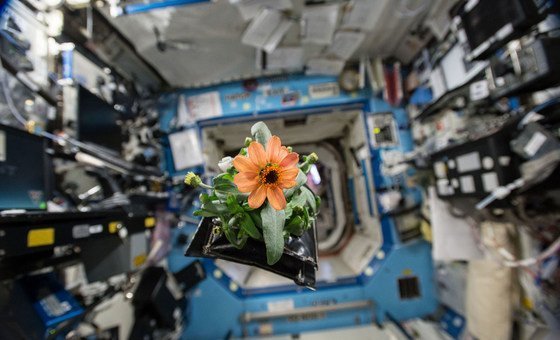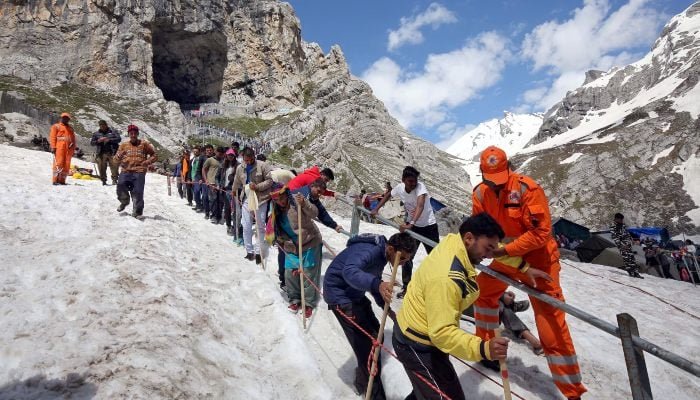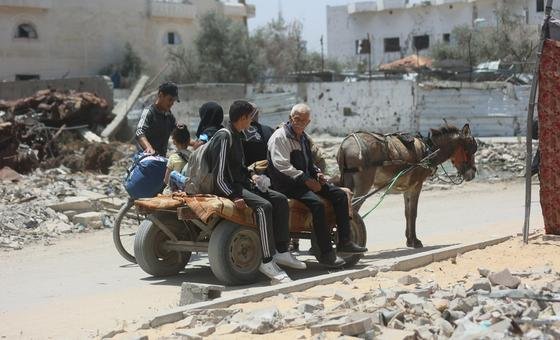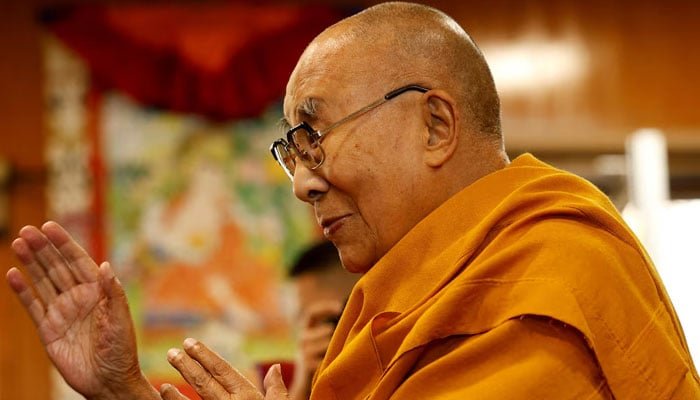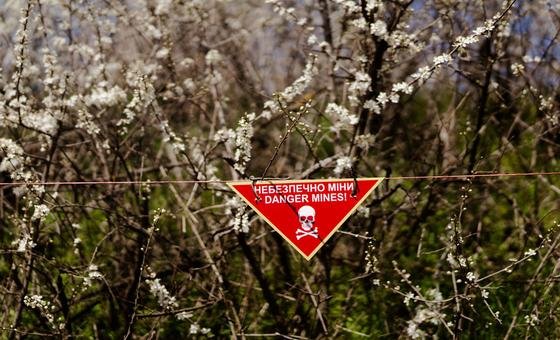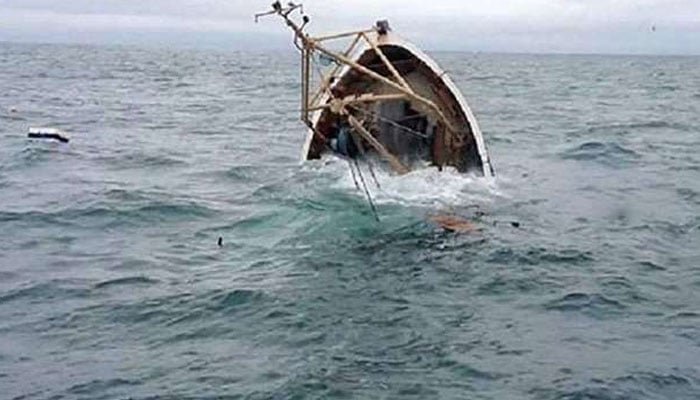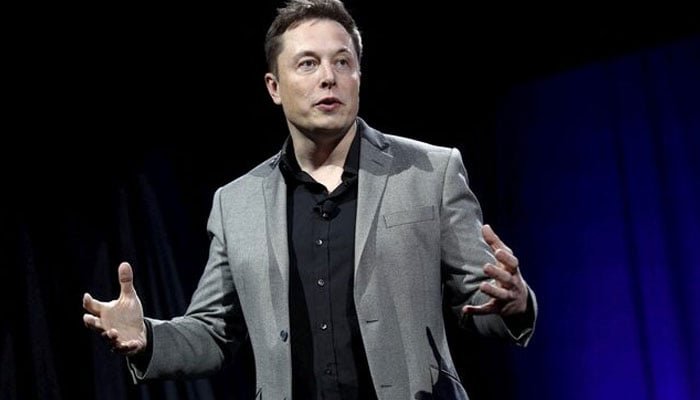Addressing delegates at a UN forum on peaceful uses of outer space, Amina Mohammed urged greater international cooperation as the world becomes increasingly reliant on satellites for everything from disaster response to climate monitoring.
“Space is not the final frontier. It is the foundation of our present,” she said.
“Without satellites orbiting overhead right now, global food systems would collapse within weeks. Emergency responders would lose their lifelines. Climate scientists would be flying blind. And our hopes of achieving the Sustainable Development Goals (SDGs) would be out of reach,” she added.
Expanding access to space
For nearly seven decades, the UN Committee on the Peaceful Uses of Outer Space – the forum’s official name, has advanced international cooperation through five space treaties, sustainability guidelines and the Space 2030 Agenda.
Ms. Mohammed highlighted the UN’s efforts through the Office for Outer Space Affairs (OOSA), in helping make space more accessible – particularly for the more than half of UN Member States that still lack a satellite in orbit.
OOSA’s programmes are opening opportunities for youth and women in developing countries, cultivating a more inclusive new generation of space leaders.
It also supports countries in building their space capabilities through technical workshops and assistance for emerging programmes, having assisted Kenya, Guatemala, Moldova and Mauritius in launching their first satellites.
Similarly, it is helping countries like Tonga, Trinidad and Tobago and Ghana, use satellite data to create detailed digital models of entire cities, allowing faster disaster response and saving lives.
Space and sustainable development
Fresh from the Fourth International Conference on Financing for Development in Sevilla, Spain, Ms. Mohammed stressed that the areas the UN defines as critical for sustainable development acceleration all depend on space technologies.
She also relayed a critical message from the conference: “In an era of constrained investment, we must align capital with high-impact solutions,” she said. “Space is one of them.”
“The view from space shows no countries, no borders – only one shared planet, one common home. Let that perspective guide you as you build the governance frameworks for space exploration and use,” she concluded.
“Let us make space a catalyst for achieving the SDGs.”

